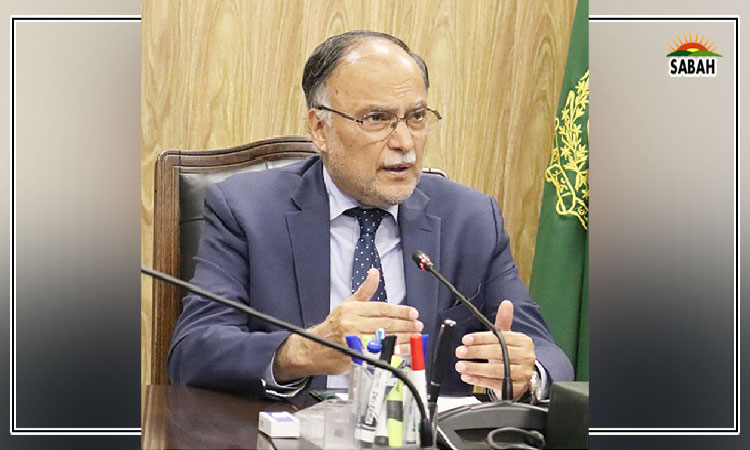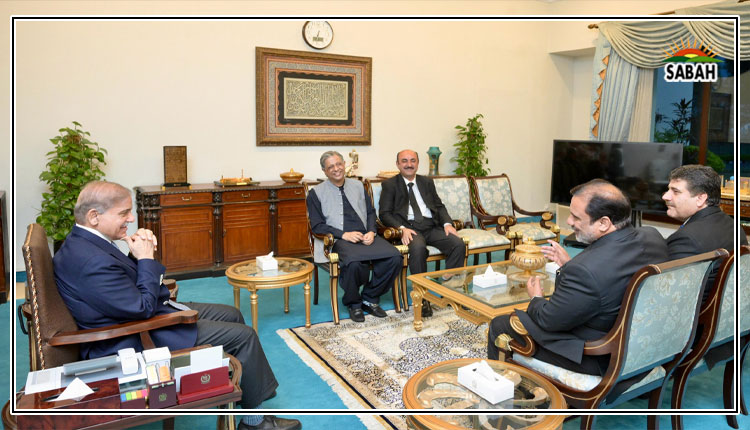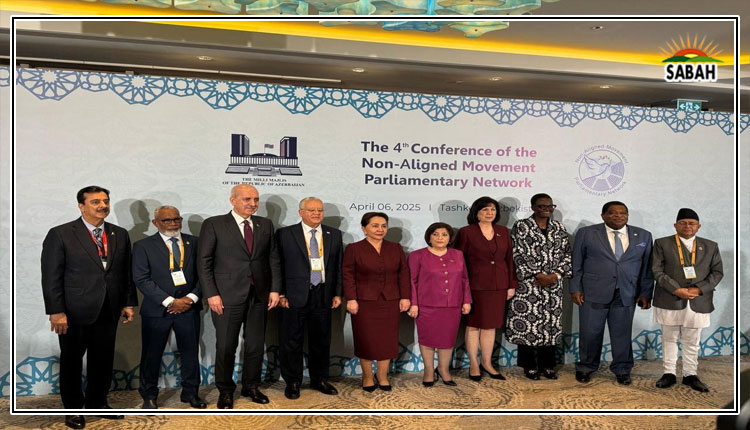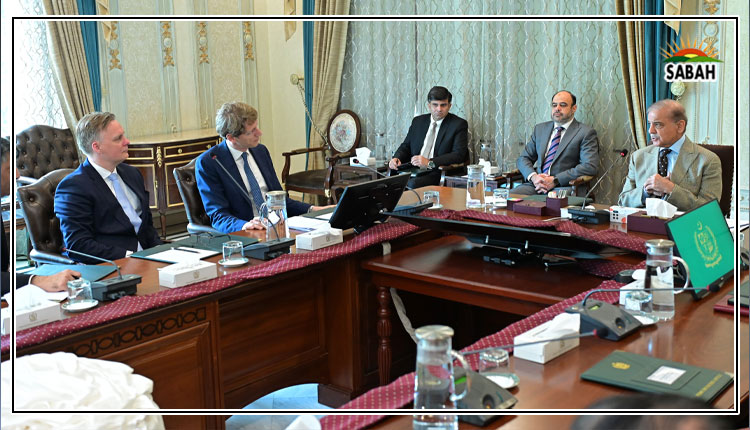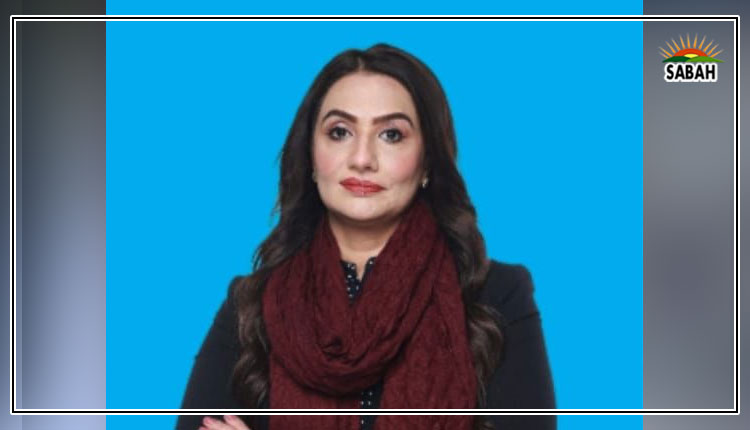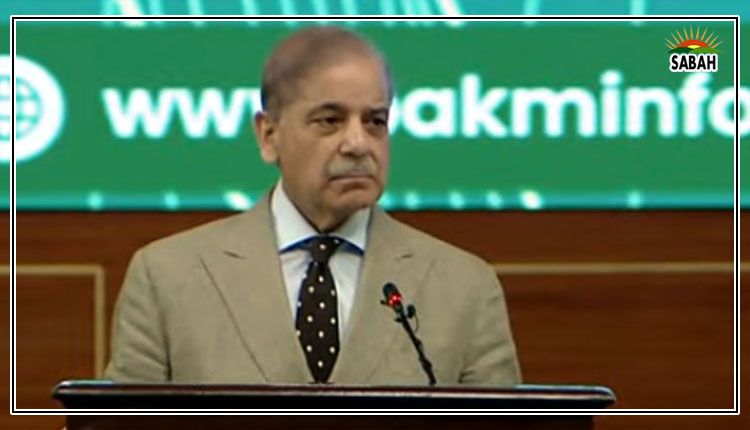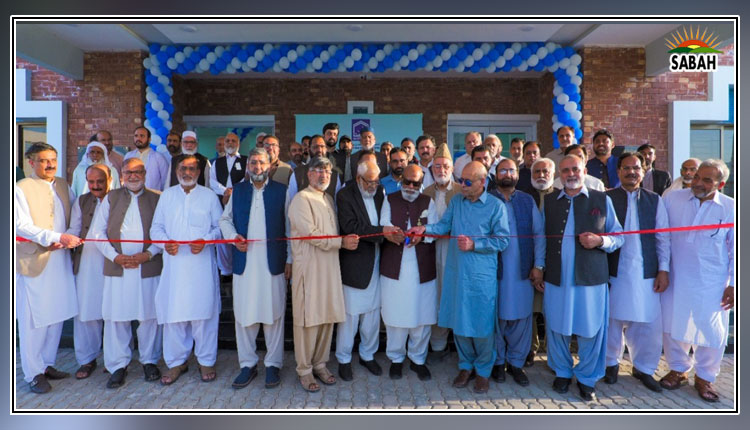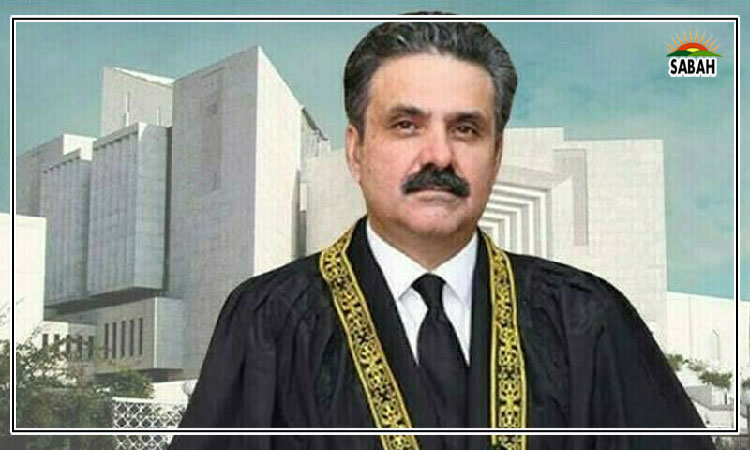Trickle-down trouble …..Sarmad Khawaja
There is no mystery why the prime minister showed scant interest in the report to reform our economy by Mr Stefan Dercon – the latest in the long line of foreign experts teaching us to reform ourselves.
My overarching takeaway about his ideas is that they are laissez-faire ‘lite’ stuff: a blueprint for the rule of free markets with some social protection. Specifically, it means selling SOEs and giving free rein to the rich to enrich themselves even more so that, in the long run, when we are all dead, some economic benefits may ‘trickle down’ to the poor.
Laissez-faire economics is no guarantor of rapid growth, and no cure for our urgent problems, such as extreme poverty, child malnutrition, and mass illiteracy. You can’t address these problems with ‘reforms’, which only mean more taxes, asset-stripping the state of Pakistan, and handing over our hugely profitable assets, our family silver, such as OGDCL and PPL, to rich people. Even if these companies’ profits, Rs1.7 trillion in seven years, create vast fiscal space to address these problems, they must be sold.
But the ‘best’ and revealing part of Mr Dercon’s advice foregrounded in his op-ed article published in April in a local newspaper is that if we do all this it will cannonball us into the ‘ranks of recent winners like…..Bangladesh’!
Now, there is a lot to not like about what happened recently in Bangladesh such as the hellish consequences of its laissez-faire economics: brutal political suppression and mass killings.
So Mr Dercon’s advice doesn’t come a moment too soon. But following Bangladesh’s ‘winning’ prime minister into exile is certainly not on our prime minister’s mind, and it shouldn’t be. Neither should he follow advice that pushes us into a Bangladesh-like situation. Hence, his short shrift to Mr Dercon – and rightly so.
This is a good position to take because giving short shrift to Mr Dercon means our next few years may be less hellish than in Bangladesh. Still, even if our race to the bottom may have paused, the glass is half-full. Because Mr Dercon has ample company in Pakistan – his laissez-faire surrogates.
The problem is these surrogates live on the mantra: ‘business is not the business of the state’. They pursue SOEs with the privatization wrecking ball. They stand in the way of pragmatic economic policy. And they create policy deadlock and confusion with outlandish right-wing ideas, such as those that led to Bangladesh’s current misery.
Hence, five months into its term the government is clueless about which SOEs to hold, and which to fold. Neither has it decided on the big issues that will define it. And we struggle to see who decides economic policy: the finance minister, deputy prime minister, or prime minister?
In this confusion worse confounded, the PML-N’s election promises are forgotten: to strengthen our economic backbone by modernizing ports, airports, and roads, and investing ‘heavily’ to modernize agriculture, focusing on girls and children from disadvantaged sections of society, reducing poverty to less than 25 per cent of the population, providing universal access to high-quality early childhood education, introducing a National Nutrition Program.
At some level, we shouldn’t be surprised because election manifestos/ promises are frequently exaggerated, amorphous commitments and flimflam, and not taken seriously.
But putting the prime minister’s position in a broader context, it appears that what we’re looking at here may be the beginning of a diminishing reverence of the mantra ‘business is not the business of the state’ as the PML-N’s guiding economic ideology and going back to the ‘bricks and mortar’ or invest and grow economics of PML-N’s previous governments. And making a serious effort to fulfill its election promises to the people.
Hence, the prime minister asking the deputy prime minister to develop a home-grown economic development plan aligned with the PML-N’s manifesto, though belated, is very welcome. This is a big deal: an apt riposte. It looks now as if the slow-motion collision between the finance minister and deputy prime minister has come to a head, and the ‘business is not the business of the state’ mantra is demystified.
Crucially, the next step must be to shed Mr Dercon’s Pakistani company, which is the real thing when it comes to turbo-charged right-wing extremism. And everything that the PML-N’s previous governments weren’t but the PTI government was.
Outsourcing economic policymaking to such characters, the defenders of elite privilege may have been ok with the PTI leadership, with its evident lack of interest in the nuts and bolts of policy, and its desire to take us back to the unequal society of the nineteen sixties. The PML-N cannot afford to do so because continuing with them will mean its political unraveling.
Bangladesh’s experience shows when lives are hard, confidence in mainstream politics falls and people will take action themselves. This must be avoided.
But with the current economic policy-making patchwork, the omens are not good. Continuing stagnation spells doom for the PML-N. So, my advice is to sideline the extremists and tackle the people’s bread, butter, and local concerns, which are long overdue.
As I have repeatedly said in these columns, having a technocrat/banker/economist in your cabinet of ministers means a cabinet minister too many!
Political leaders who have learned crucial lessons in leadership and accountability, and who answer directly to the people must be firmly in charge of the economy.
The PML-N has a deep bench of leaders from villages, big cities, and everywhere in between, home-grown, grilled, and stress-tested.
Then why seek out Mr Dercon & Co?
The writer is a freelance contributor. He can be reached at: Khwaja.Sarmad@gmail.com
Courtesy The News


